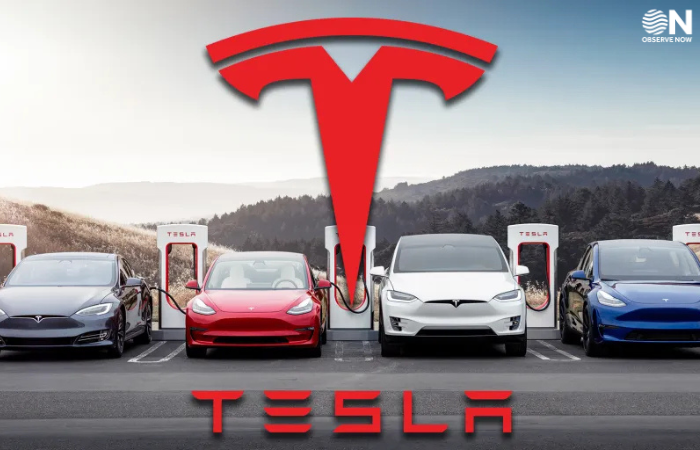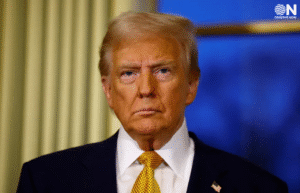Tesla’s Entry into India Likely More Symbolic Than a Game-Changer for EV Market

Tesla’s highly anticipated launch in India, marked by its first Experience Centre in Mumbai’s Bandra‑Kurla Complex, is shaping up as a high-profile brand play rather than a volume-driver in the nation’s growing but still nascent EV ecosystem. The Model Y is priced between ₹60 lakh and ₹68 lakh—due to steep import duties. That positions it firmly in the luxury category, vastly outpacing the ₹16–25 lakh range where most Indian EV buyers make their choice.
Market analysts argue Tesla’s introduction will have minimal immediate impact on mass-market players such as Tata Motors, Mahindra, and Maruti Suzuki. Citi and Macquarie both note that Tesla’s customer base—a segment comprising under 1% of total car sales, does not overlap meaningfully with mainstream buyers, insulating domestic OEMs for now.
This cautious footprint reflects multiple constraints. Current high import tariffs (up to 70% or more) inflate prices significantly. Tesla’s strategy of importing from its Shanghai plant means it is not yet benefiting from local pricing or government incentives tied to domestic production. There is no immediate plan for a large-scale factory in India; fulfillment is entirely dependent on overseas units, making Tesla’s market presence symbolic and brand-first.
Even so, Tesla’s arrival could shift perceptions over time. Its aspirational brand appeal may influence future EV choices among affluent urban buyers and spur accelerated infrastructure development, including charging networks and premium service capabilities .
Questions remain around long-term strategy. To become relevant at scale, Tesla would likely need to undertake local assembly or manufacturing—requiring at least $500 million in investment and component sourcing commitments under India’s EV policy. Without these measures, pricing will stay elevated and sales volumes limited .
Social media commentary echoes these concerns. Many users point out that tariff reductions risk undercutting local EV makers, potentially stalling India’s ‘Make in India’ initiative and limiting job creation in the sector.
In sum, Tesla’s Mumbai debut is undeniably historic—but for now, it is more of a prestige statement than a powerful force capable of transforming India’s electric mobility landscape. Broader disruption will depend on strategic investments in local production, pricing competitiveness, and authentic engagement with core Indian consumer needs.
















